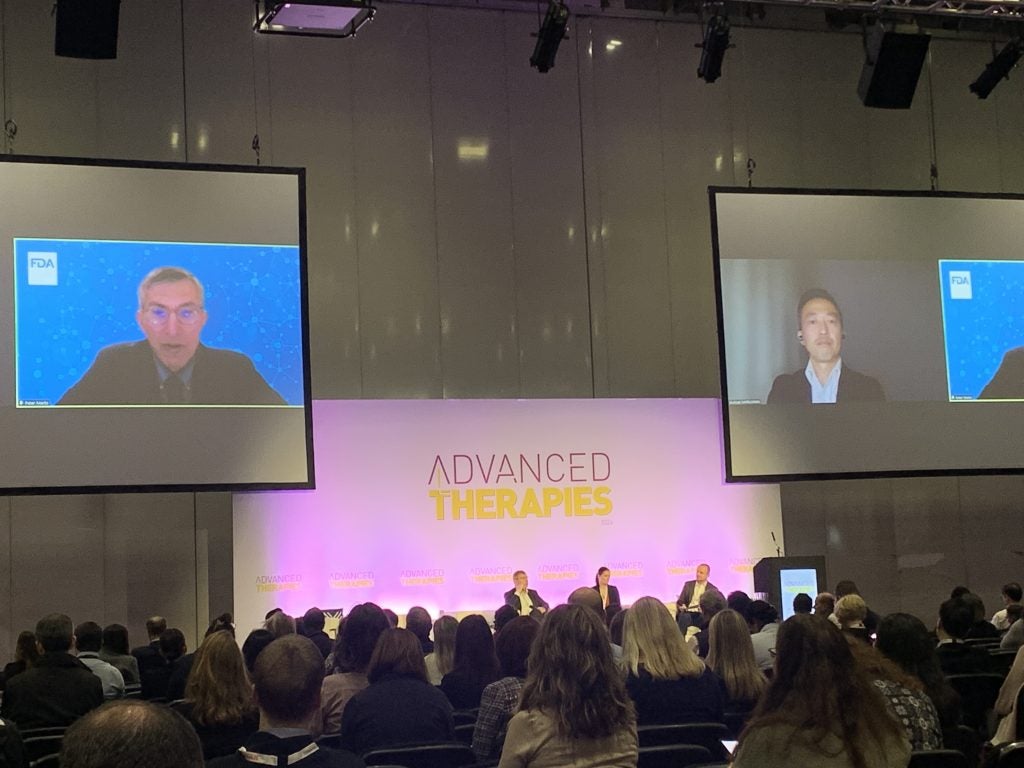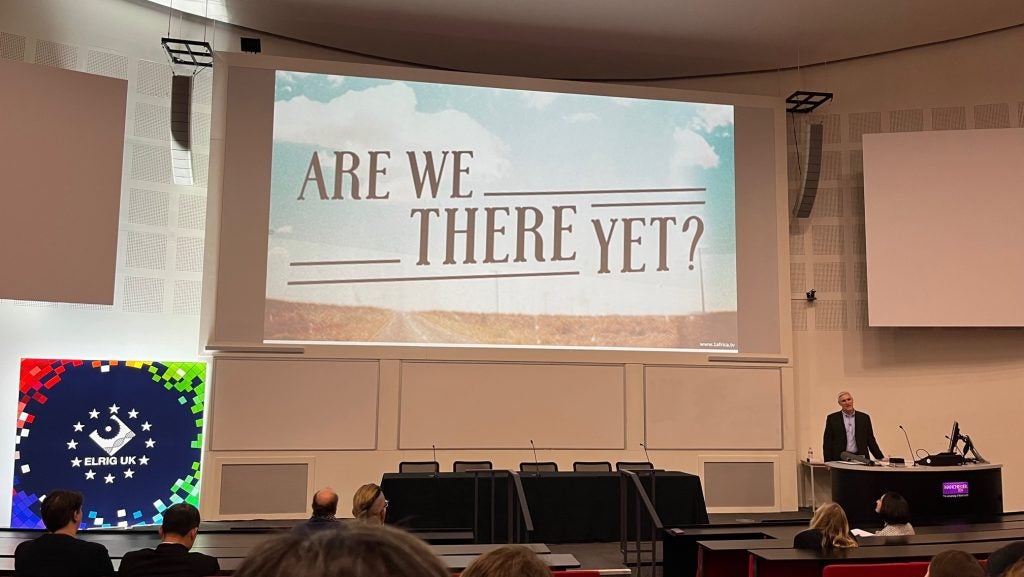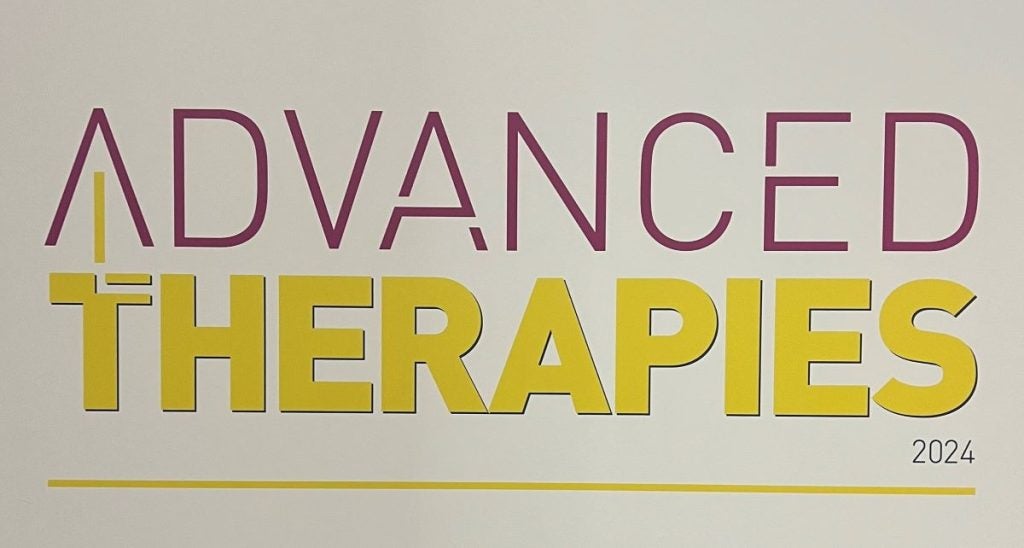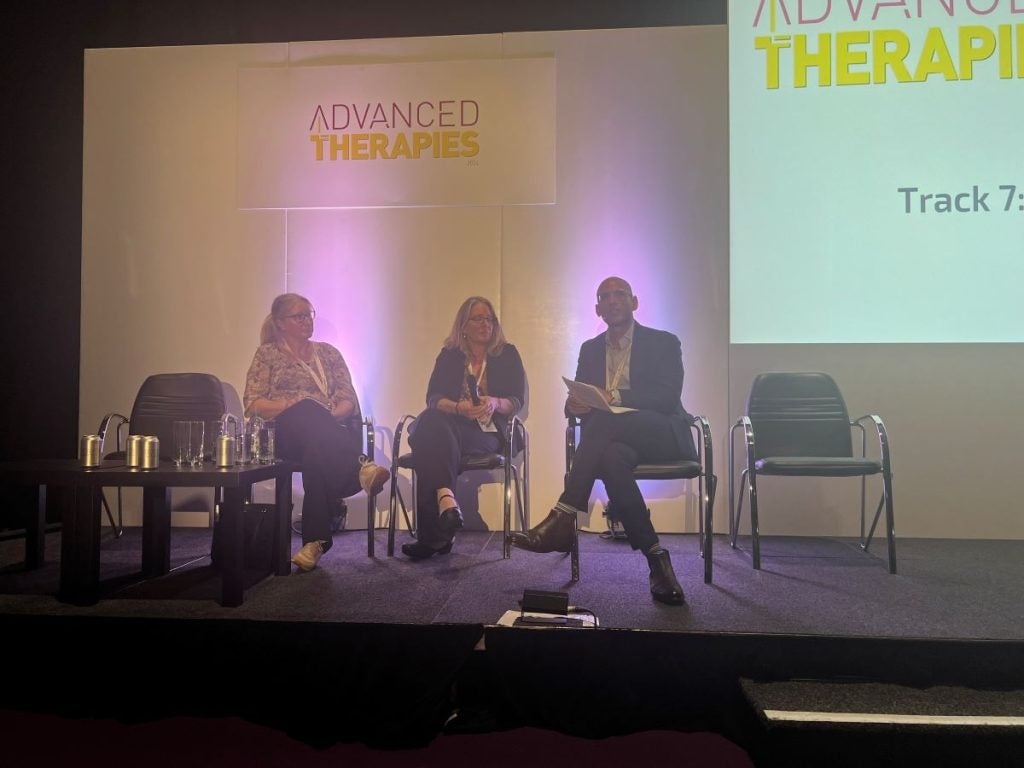
Countries should work together on regulating gene therapies to overcome access barriers and speed up a product’s route to market, according to the US Food and Drug Administration’s (FDA) Center for Biologics Evaluation and Research director Peter Marks.
Marks was speaking at a panel discussion on the regulatory landscape for gene therapies at the ongoing Advanced Therapies conference, being held in London from 19-20 March.
Once a club with few members, the class of FDA-approved cell and gene therapies has grown over the past few years. In 2023 alone, the agency approved seven new products, including two high-profile nods in sickle cell disease.
Amid an increasing number of drug applications from sponsors, the FDA proposed a pilot programme to explore concurrent reviews of gene therapies with other global regulators.
“What we realised during the [Covid-19] pandemic is that there was more similarity between country regulators than differences,” Marks said.
The scheme, termed Collaboration on Gene Therapies Global Pilot (CoGenT), will see the US work with the EU, Canada, Japan, and Switzerland on regulatory meetings. Marks added the programme will not take away a country’s own sovereignty to decide whether a product should be approved, nor is it designed to evade legal differences.
“Eventually we hope [the pilot] will lead to better regulatory conversions, so that an application can be used for multiple countries without having to adapt it significantly.” Regulatory experts from other regions were also represented in this panel with Yoshiaki Maruyama from Japan’s Pharmaceutical and Medical Devices Agency (PMDA) and Alliance for Regenerative Medicine’s European public affairs leader Paolo Morgese.
One of the biggest issues that gene therapy manufacturers mention is commercial viability. Most genetic disorders that the products are designed to treat are extremely rare, meaning the target population is often very small. This is one of the factors affecting the hefty price tag for the therapies, which, despite pushback from patient groups, can reach as much as $3m.
Marks addressed this, saying that global collaboration on regulation would help with assessing commercial viability. Being able to administer treatments in Europe and Japan as opposed to solely in the US would help on the financial side, he says.
“We’re hoping this pilot will lead us to a place where we can speed up the regulatory environment and make it more welcoming for products to make it through,” said Marks.
The FDA has also issued draft guidance on a proposed platform technology designation programme. The programme, mandated by US Congress, is intended to speed up the review of drugs and biologics using the same advanced manufacturing technology. The new programme would have suitability for medicines using CRISPR technology, for example, where only a small amount of DNA is changed.
“It would be an important way to meet the needs of many different diseases that might be approached with a CRISPR [technology] without having to go back each time and start with a new product,” Marks said.
Klaus Cichutek, former director at the Paul Ehrlich Institute – a German federal agency for medical regulation – noted the importance of innovation at the other end of the marketing spectrum.
“This [scheme] is on the high-end of things, for companies with established technologies. We also need to propel activities from small biotechs and academics to help their products to license.”
Janet Glassford, an expert quality assessor from the UK’s Medicines and Healthcare products Regulatory Agency (MHRA) added that manufacturers on the programme will still need to demonstrate a strong product. “Companies need to show with data their platform is robust and works with different drugs. The evidence you need for a personalised therapy for somebody with an unmet need is very different to vaccines administered in healthy people.”
Marks closed by saying that better regulatory conversions across multiple regions are needed because healthcare increasingly occupies a global market.
“The greater extent to which we can share the burden of reviewing […] it will be great for the ecosystem – make manufacturers lives easier, make regulator lives easier, and most importantly, get products to patients in medical need faster.”
Cell & Gene Therapy coverage on Pharmaceutical Technology is supported by Cytiva.
Editorial content is independently produced and follows the highest standards of journalistic integrity. Topic sponsors are not involved in the creation of editorial content.















